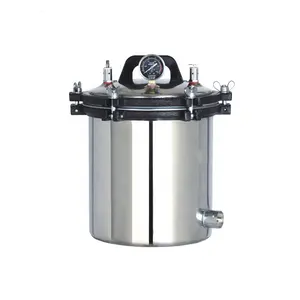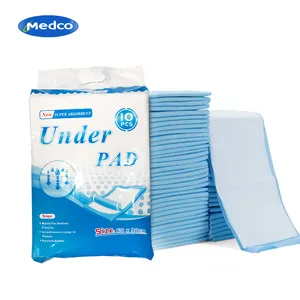Popular in your industry






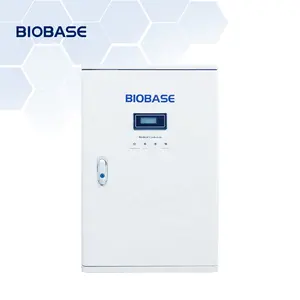
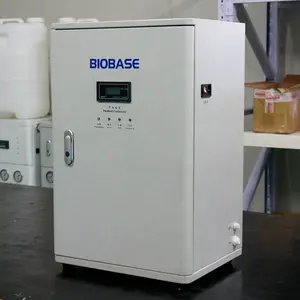


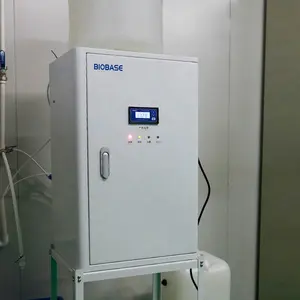
















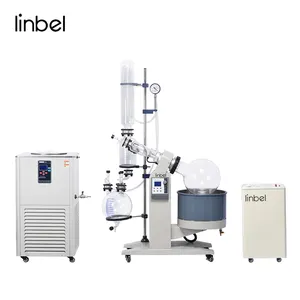



































Related Searches:












































































































Top categories
About water distiller for laboratory
In laboratory settings, the purity and quality of water are crucial for various applications, including research, experiments, and medical procedures. A water distiller for laboratory is a specialized apparatus designed to produce high-purity water by the process of distillation. This device removes impurities, minerals, and contaminants from the water, ensuring it meets the stringent standards required for laboratory use. The lab distilled water is free from dissolved solids, microorganisms, and other substances, making it ideal for sensitive experiments, analytical procedures, and equipment maintenance within the laboratory.
Types of laboratory water distillers
There are different types of water distillers available, each catering to specific laboratory needs. Traditional water distillers consist of a boiling chamber where water is heated, a condenser to collect and cool the vapor, and a storage tank for the distilled water. These may operate manually or be automated for continuous production. Conversely, compact countertop water distillers are smaller, space-saving units that can be placed on laboratory benches or workstations. They are suitable for smaller-scale water purification needs and are often user-friendly, making them a convenient choice for smaller laboratories or research facilities. Additionally, modular water distillation systems offer scalability and customization by allowing the integration of multiple distillation units in a single system. This provides a flexible solution for laboratories with varying water purification requirements.
Applications of laboratory water distillers
The uses of distilled water machines for labs are diverse and critical in many laboratory settings. In life sciences, distilled water is essential for preparing reagents, buffers, and media in microbiology, cell culture, and molecular biology. It is also used in microscopy to ensure clear and artifact-free imaging. In analytical chemistry, the high purity of distilled water is crucial for accurate and reproducible results in techniques such as chromatography and spectroscopy. Furthermore, water distillation is vital in pharmaceutical and clinical laboratories for drug formulation, diagnostic procedures, and sterilization. It is also widely used in environmental testing, food and beverage analysis, and materials science research. The applications of laboratory water distillers underscore their importance in ensuring the integrity and reliability of scientific experiments and processes.
Choosing a laboratory water distiller
When choosing a lab water distiller, several factors should be considered to align with the laboratory's specific requirements. Water purity standards, production capacity, installation space, and budget are all crucial considerations. Laboratories requiring water of the highest purity should opt for distillation systems equipped with additional purification technologies, such as deionization or reverse osmosis. For laboratories with limited space, compact countertop distillers may be the most practical choice. Furthermore, assessing the facility's water consumption and the desired output of laboratory distilled water per day is essential in selecting a distiller with an appropriate production capacity. It is also advisable to choose a water distiller with user-friendly features, such as digital controls and monitoring systems, to ensure ease of operation and maintenance within the laboratory.
